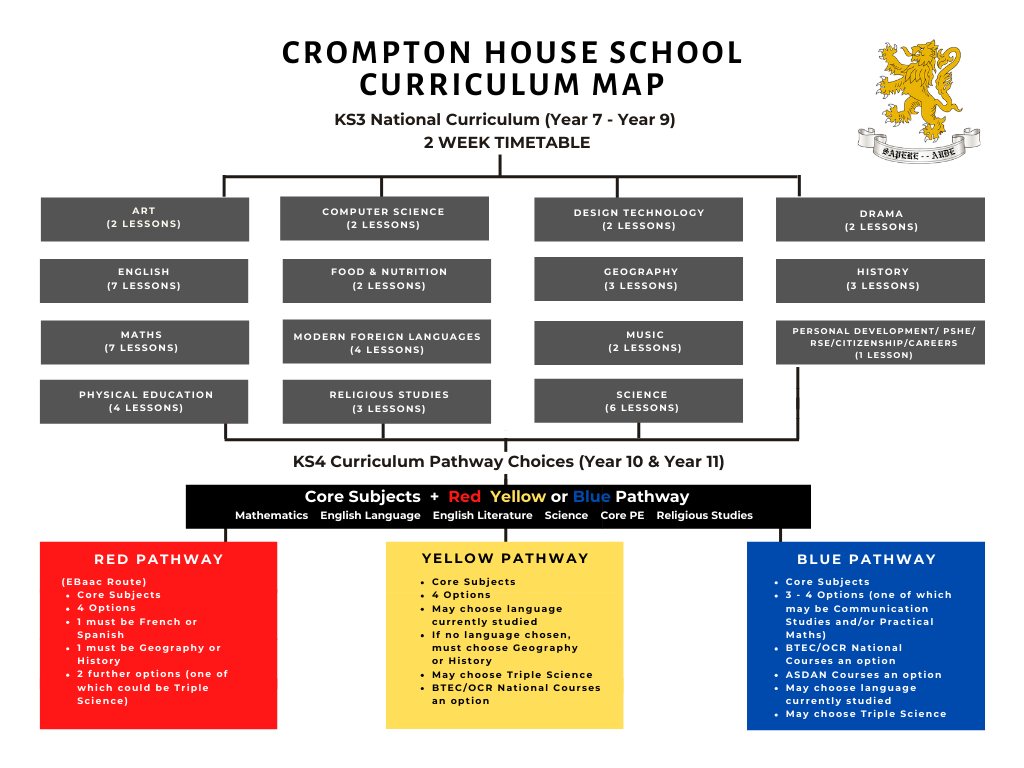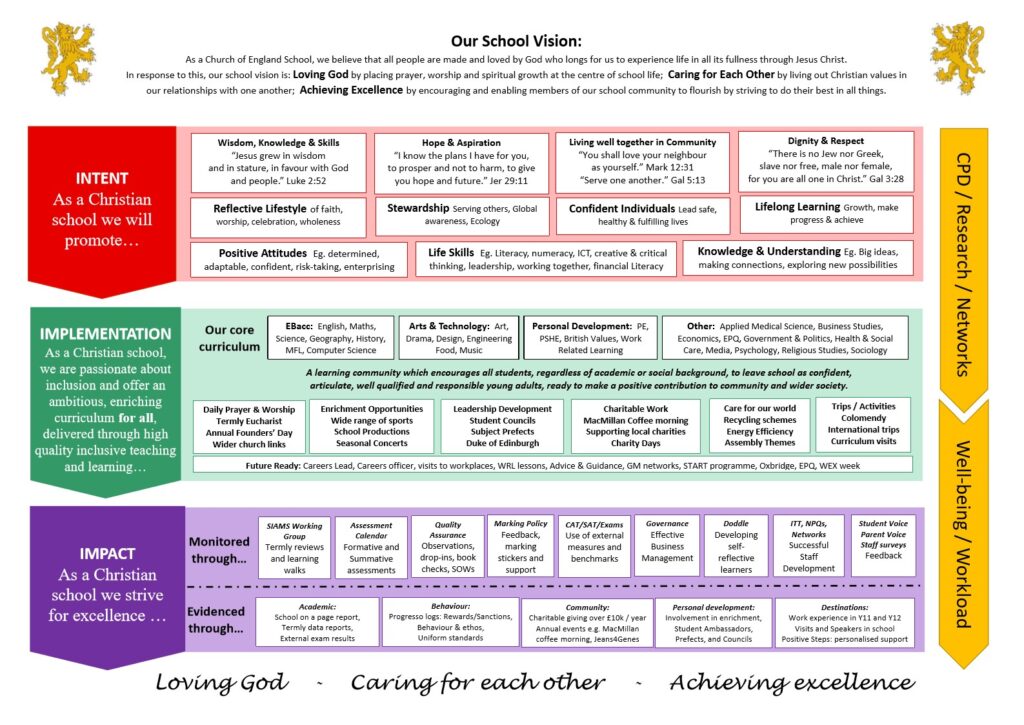Modern Foreign Languages
At Crompton House School, the Modern Foreign Languages curriculum serves a cultural and linguistic purpose. Our quality curriculum provides students with the opportunity to communicate for practical purposes, to express ideas and thoughts in another language, and to understand and respond, both in speech and in writing.
Our curriculum is designed to provide all learners with the knowledge, skills and global competencies they need to flourish in the learning of a modern foreign language. In order to realise our ambitions for our students, we have implemented a carefully planned, sequenced and relevant curriculum which allows students to understand the purpose of what they are learning, how this relates to the world around them, and how this promotes skills transferable to a wide range of careers.
Language learning at Crompton House School is inherently cumulative and lesson planning focuses on the development of all four skills: Listening, Reading, Speaking, Writing. In order to support our students to build their knowledge and skills, our curriculum offers the opportunity to experience learning through different contexts such as real world and local issues and therefore develops better cultural capital, literacy and understanding.
A range of knowledge and skills are developed throughout each unit with repeated practice, building in frequent feedback to maximise confidence and success. Our schemes of learning are vertically integrated with vocabulary, grammatical knowledge and key structures so that via the constant repetition of familiar concepts with increasing complexity, our students can make links between each area to develop their understanding of how the language works.
We set out this knowledge clearly with an explicit spine of topic-based vocabulary, grammar, and sets of high-frequency vocabulary. Learning is challenging, motivating and inspiring. Carefully designed activities compel students to pay close attention to the meaning and form of the new language. Each week, practice extends to production, which ensures that students must actively recall and manipulate language to communicate.
Our curriculum fulfils all statutory requirements and our model emphasises the importance of learning being most effective when language knowledge is logically sequenced and frequently revisited. For this reason, we foreground coherence, which allows students to use their core knowledge flexibly when they need to.
Throughout their study of a foreign language, we encourage our students to become ‘future ready’, to foster curiosity about the wider world. They are encouraged to make cross-curricular links through a range of content and enrichment opportunities to see how studying a language can link to several career paths and enable future success in a global and multicultural society.






